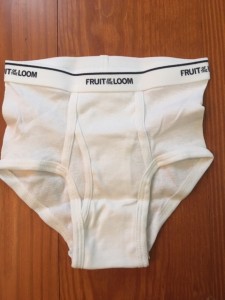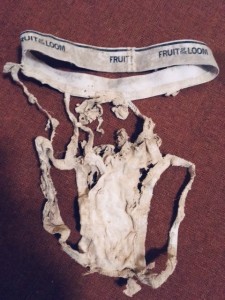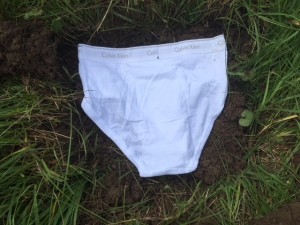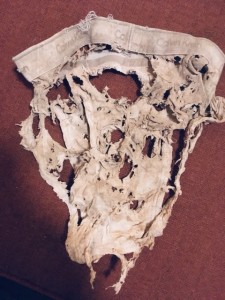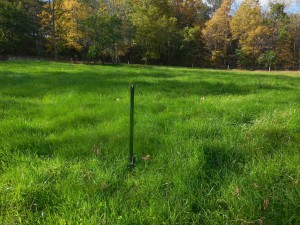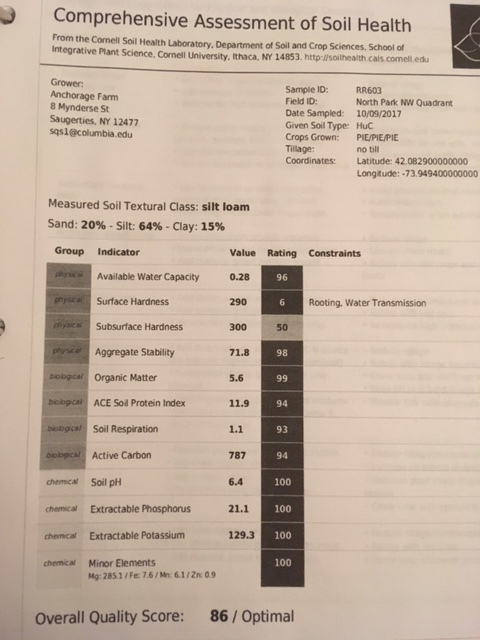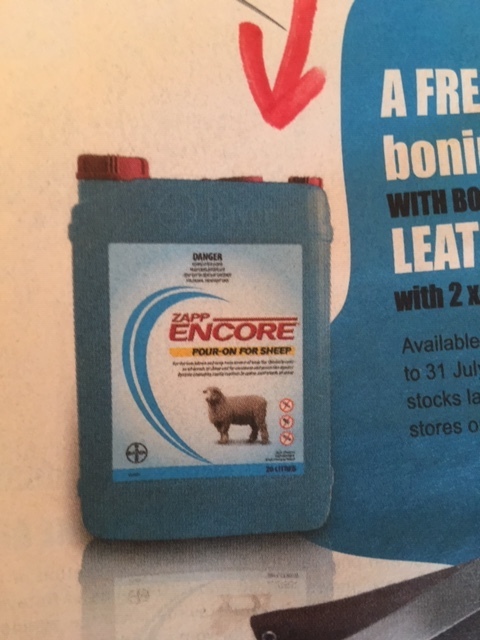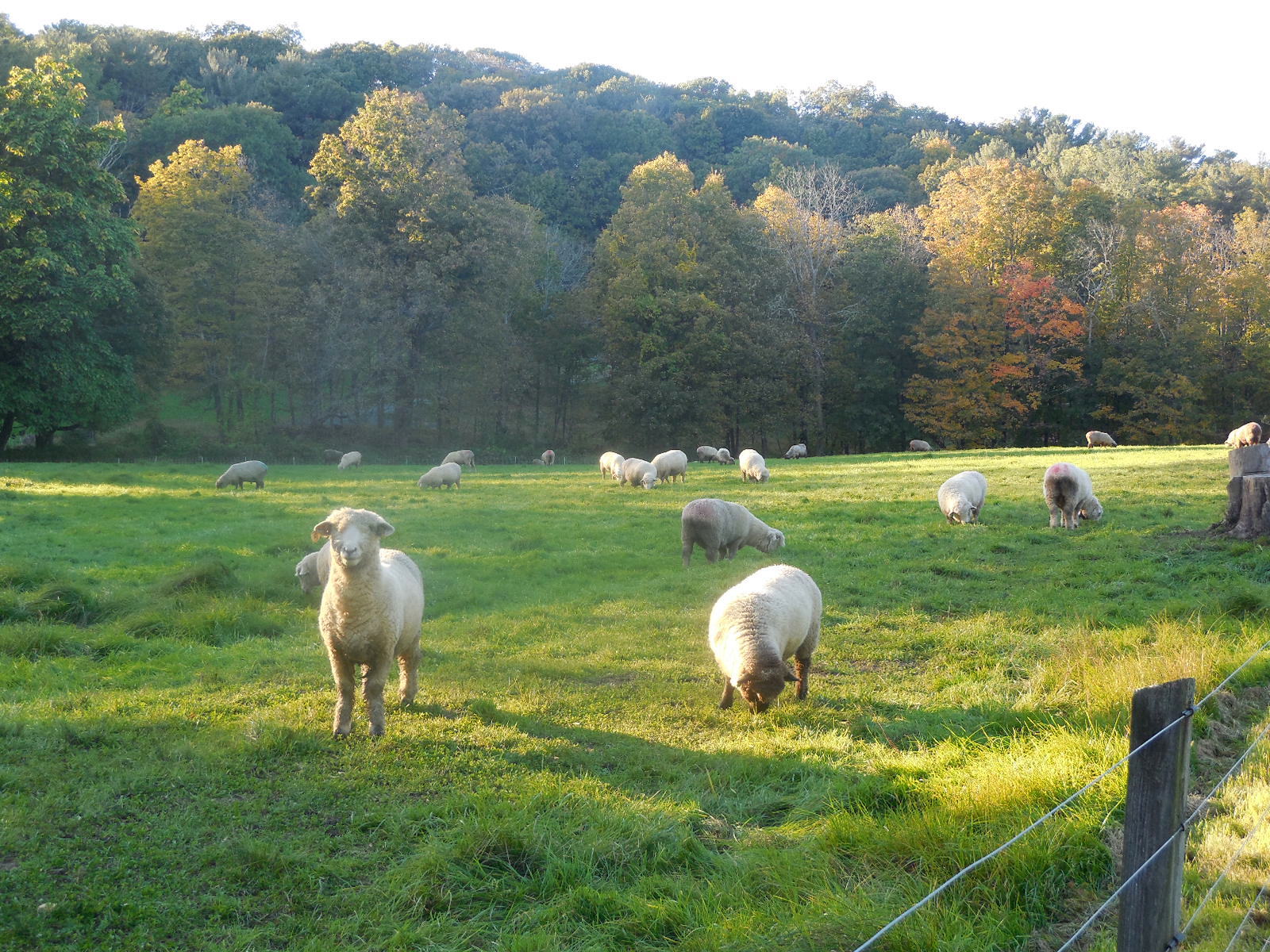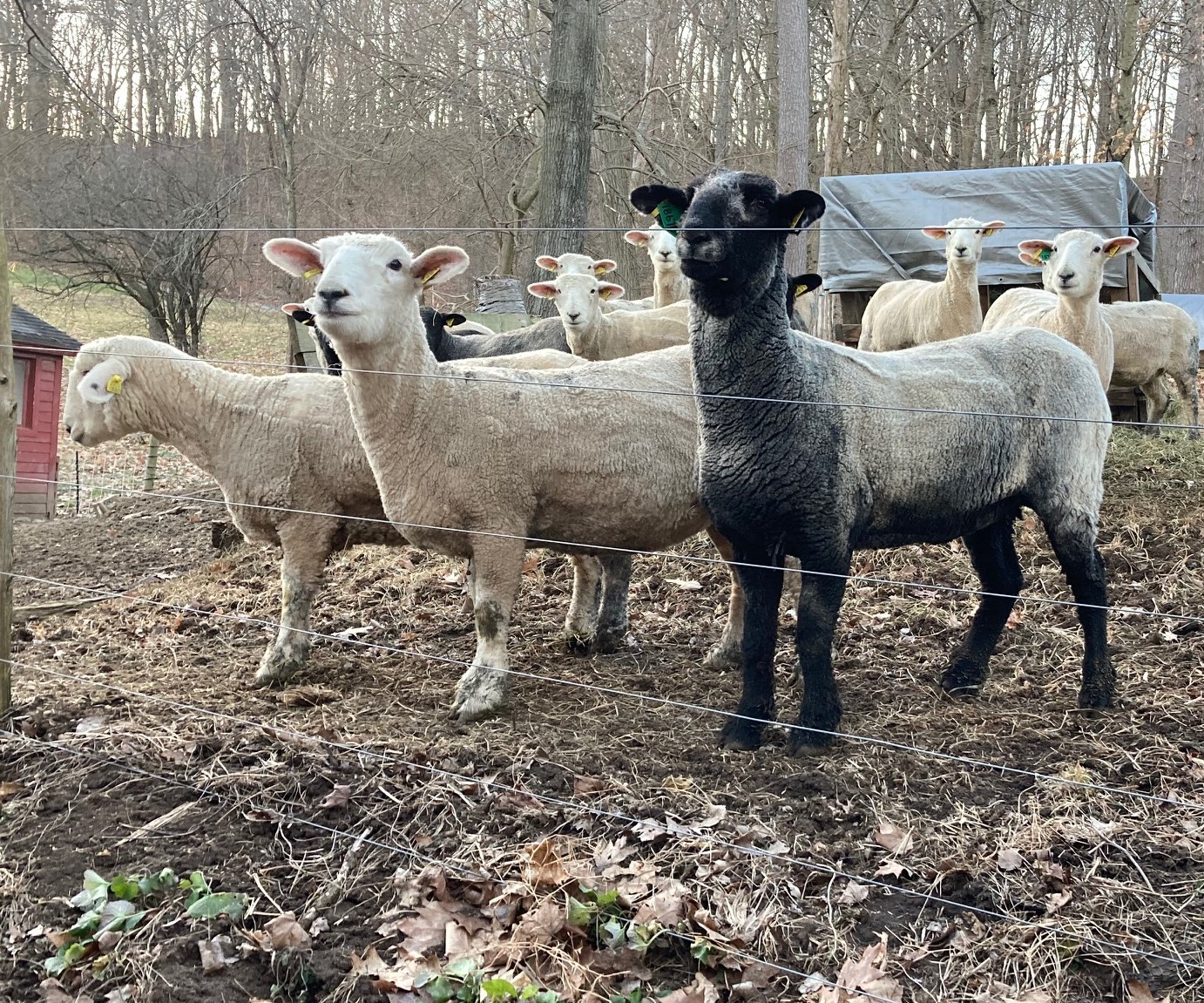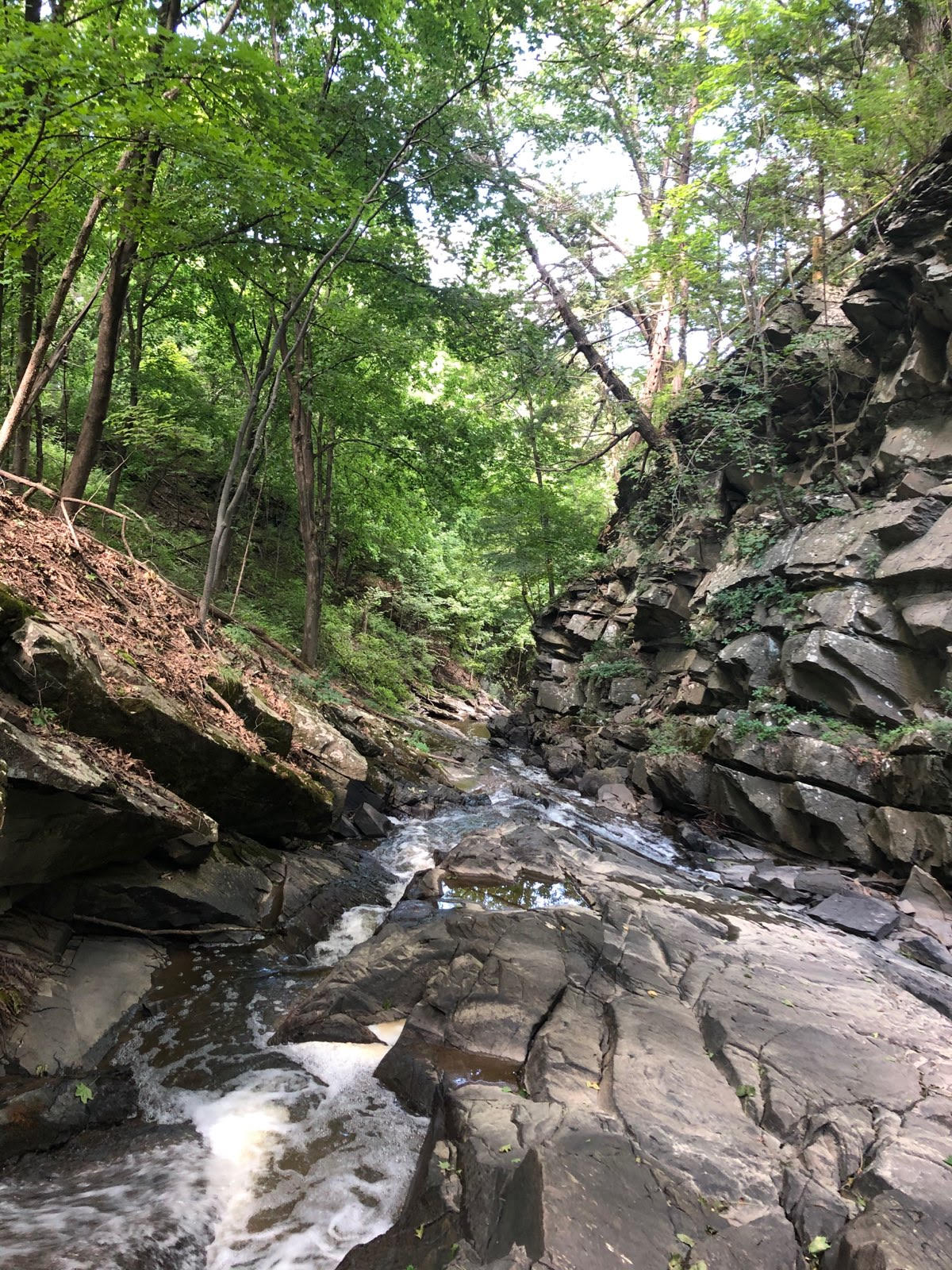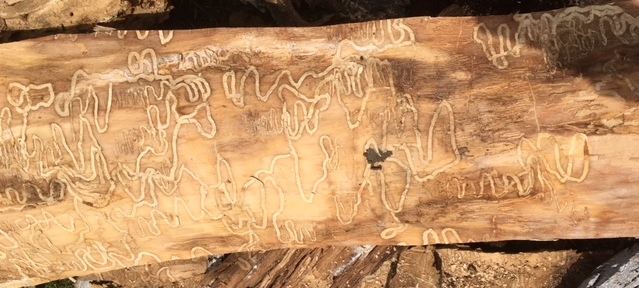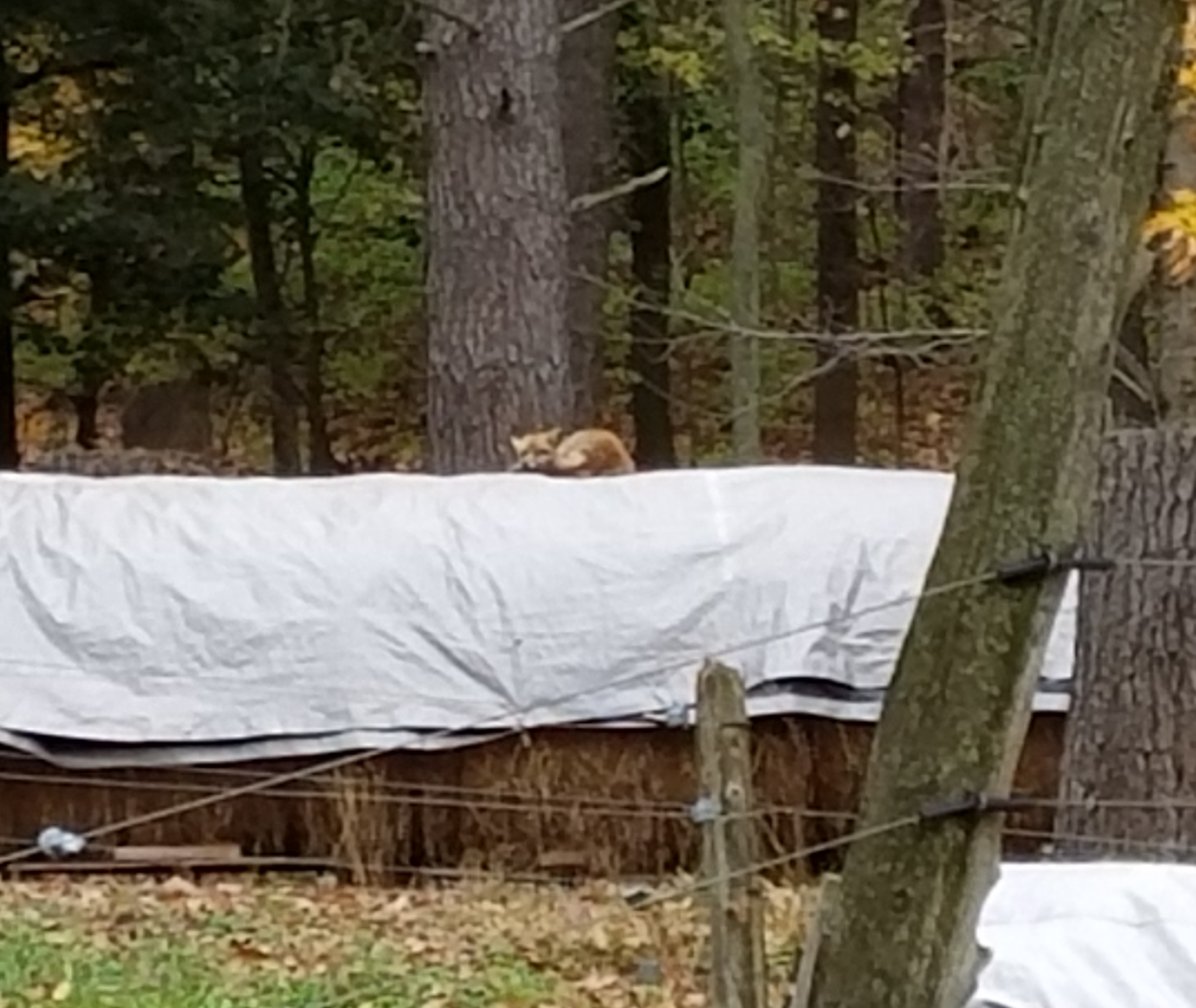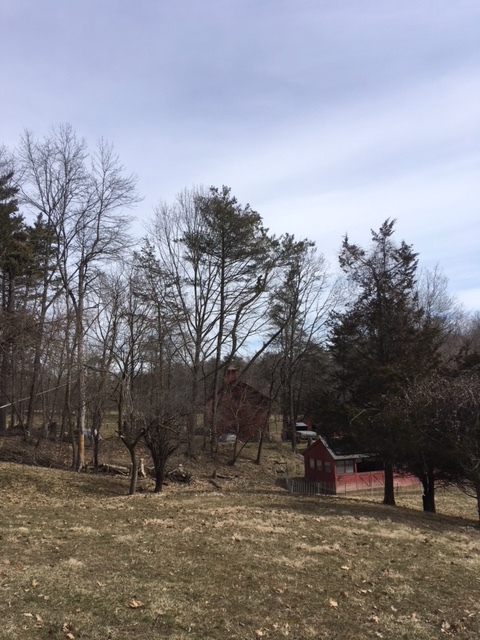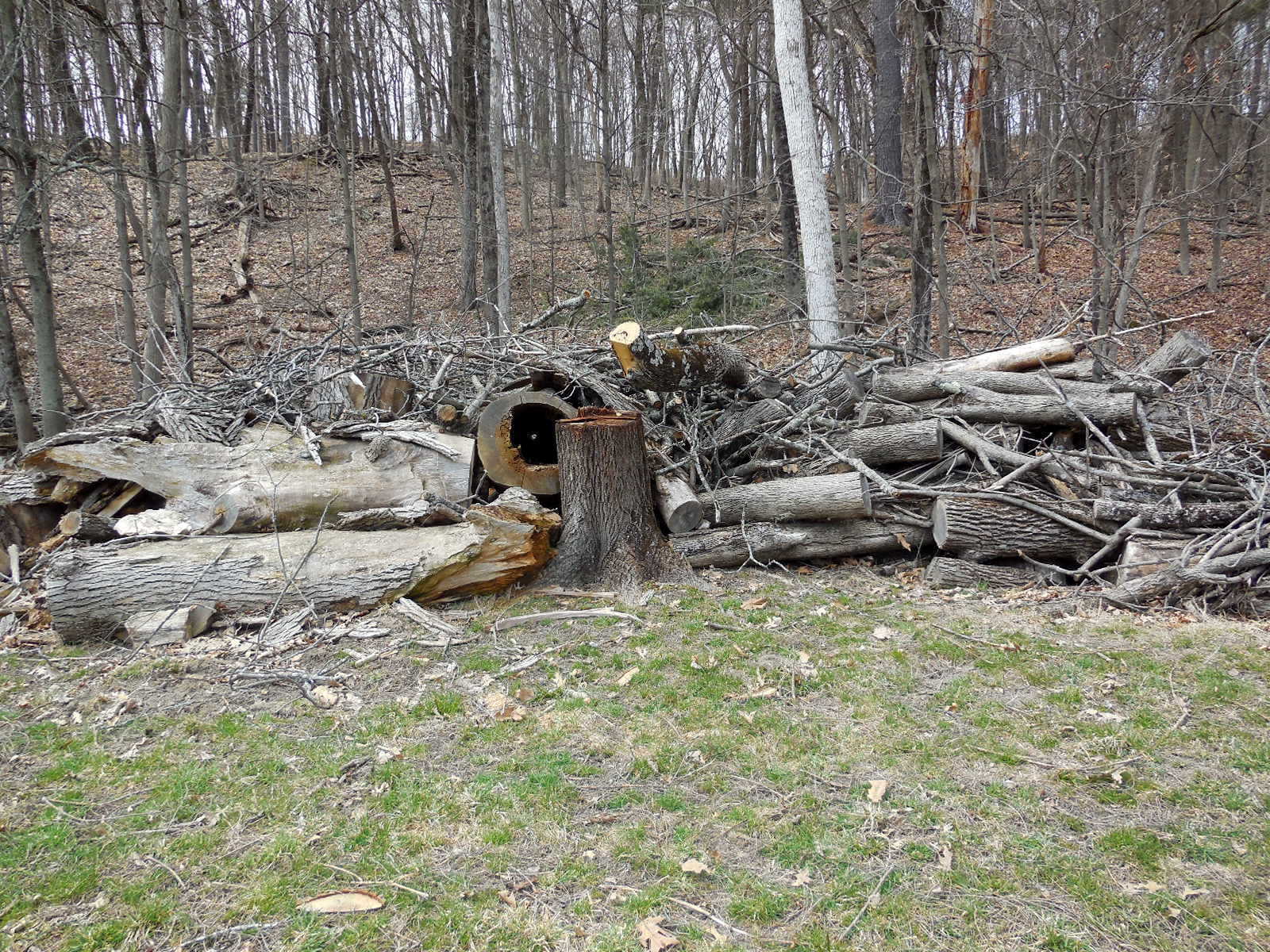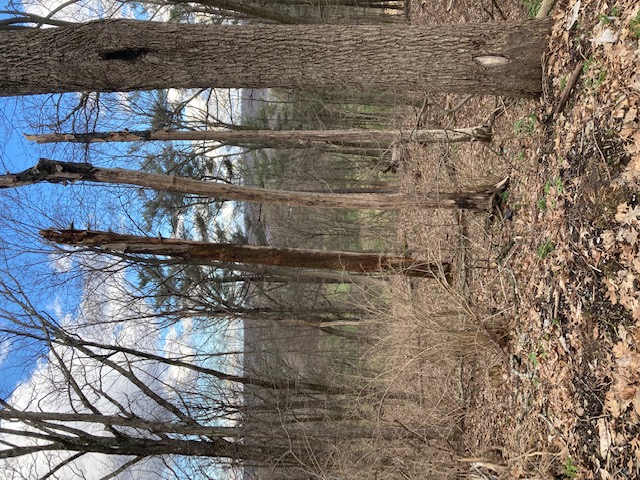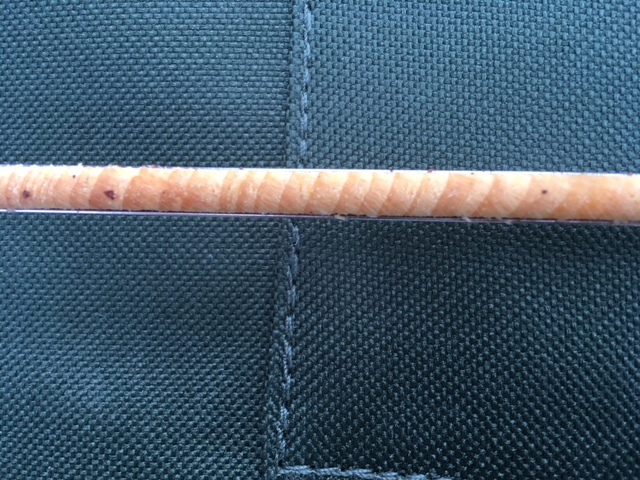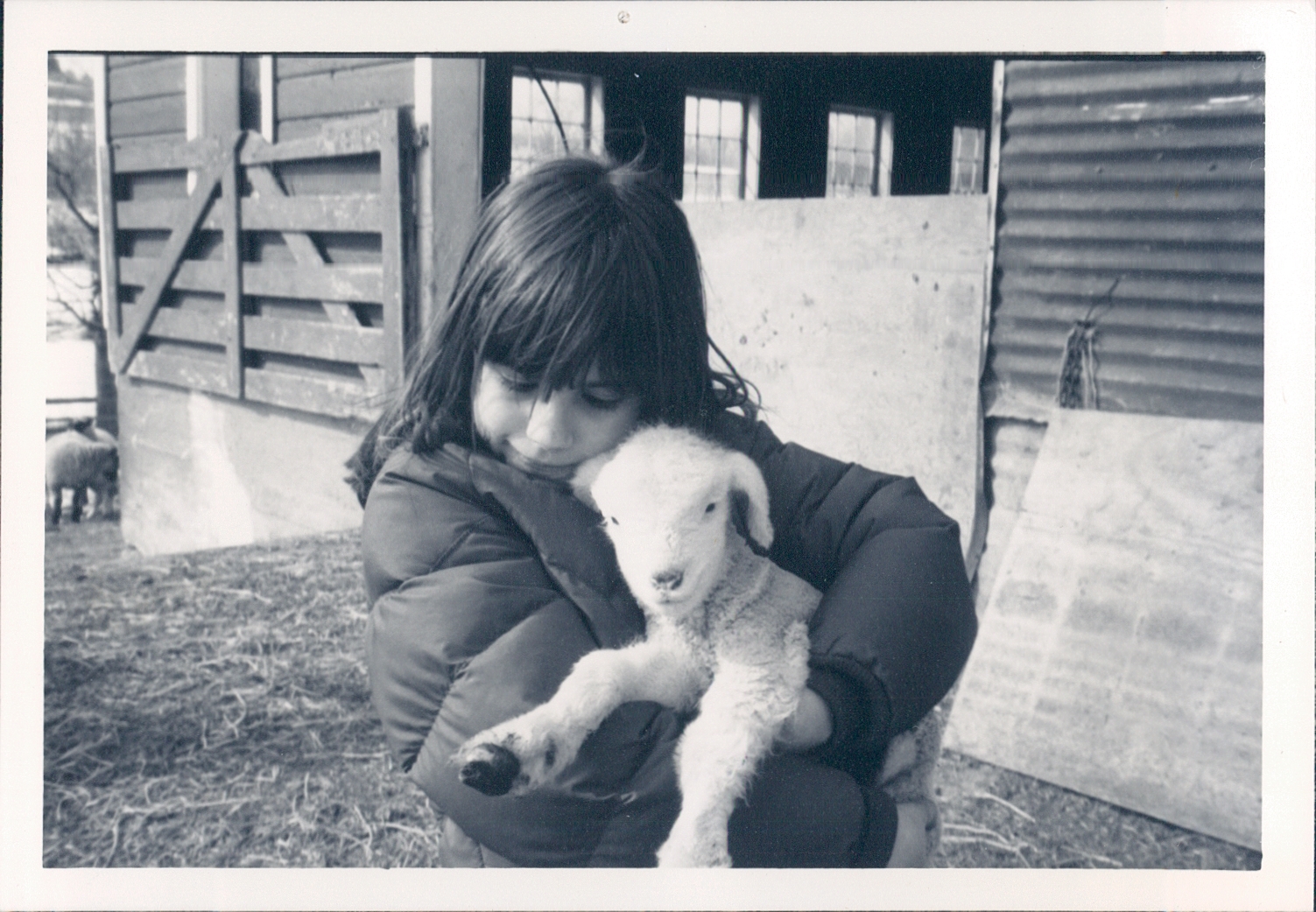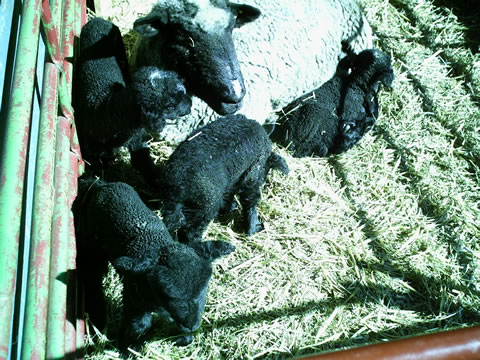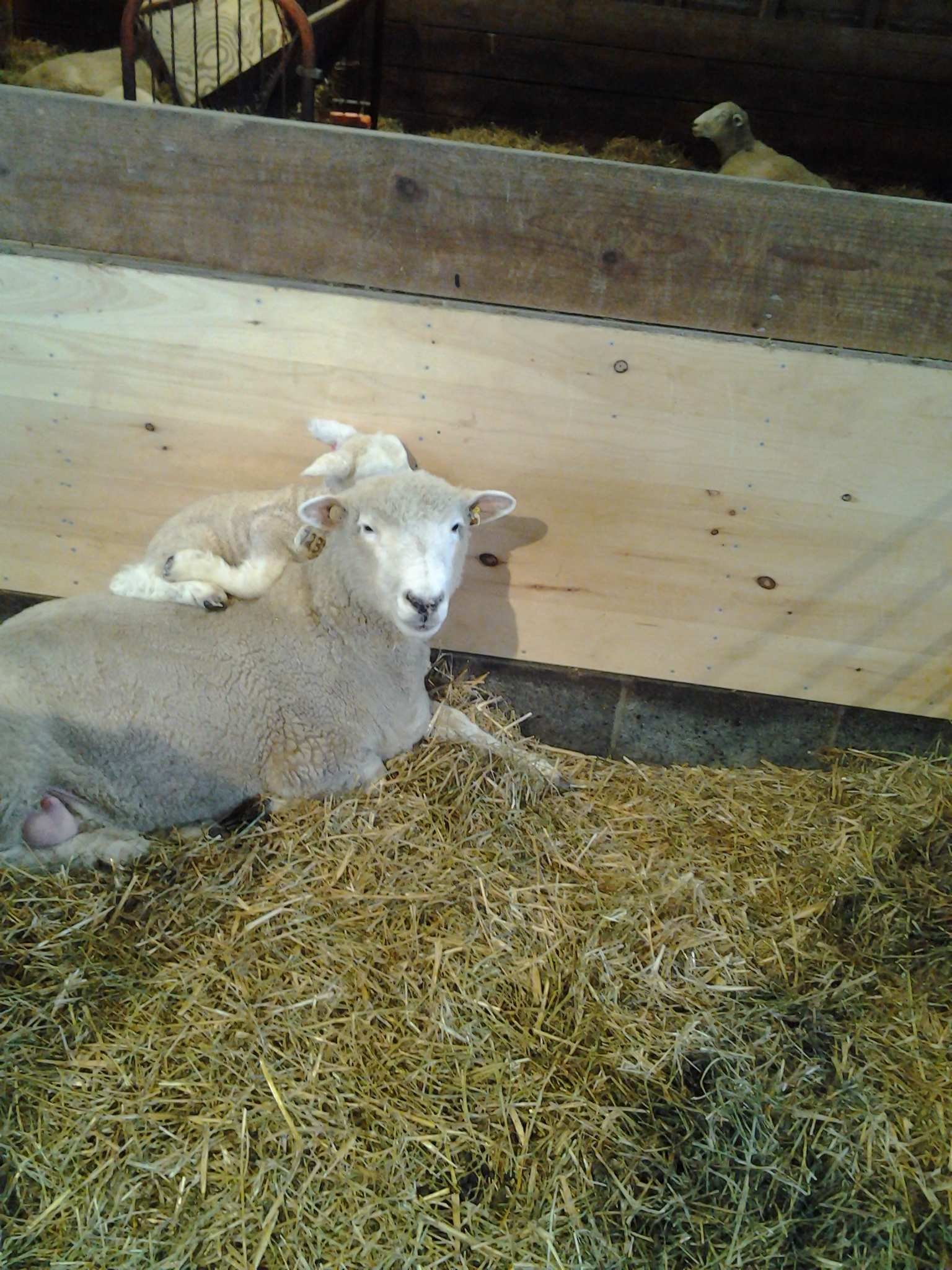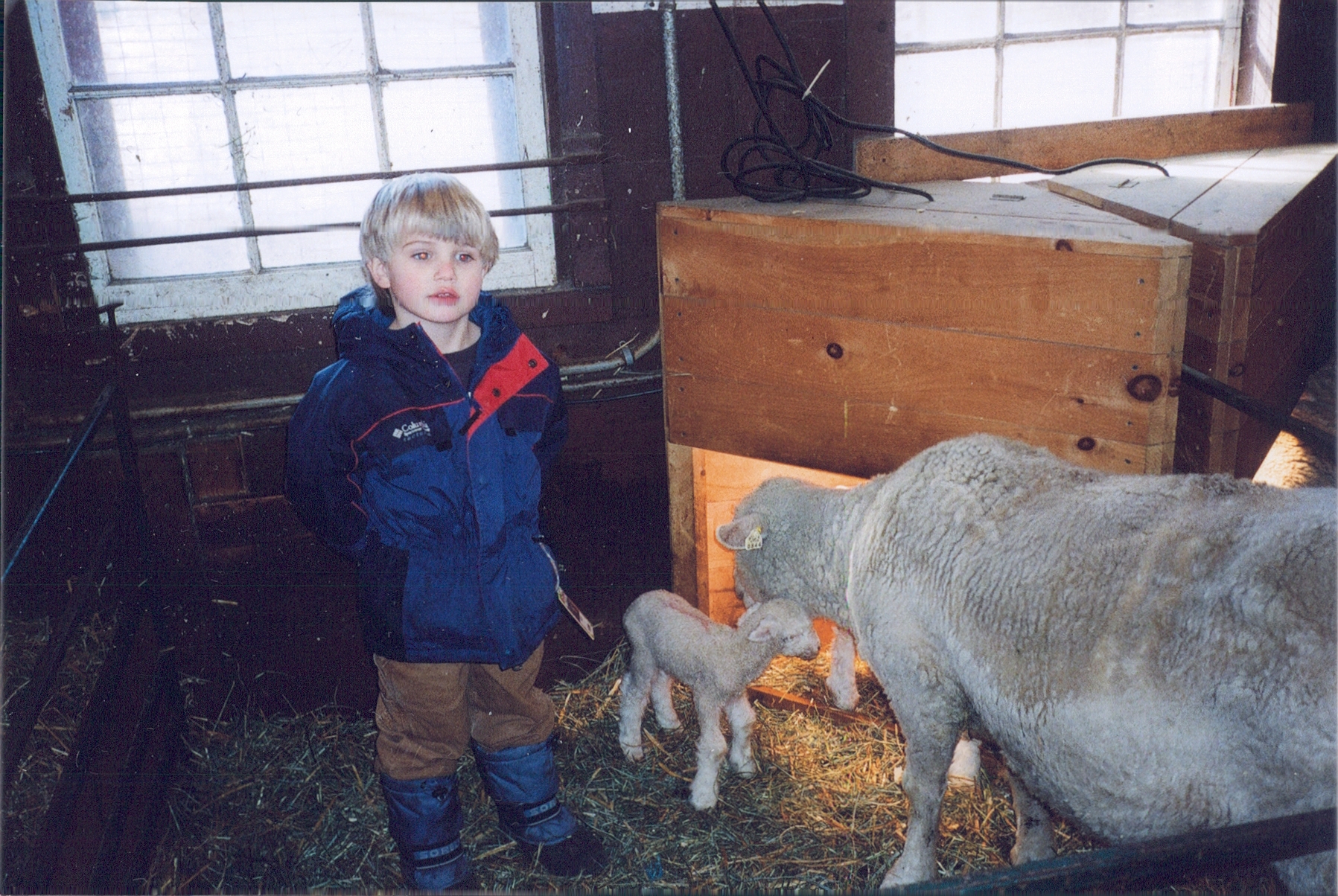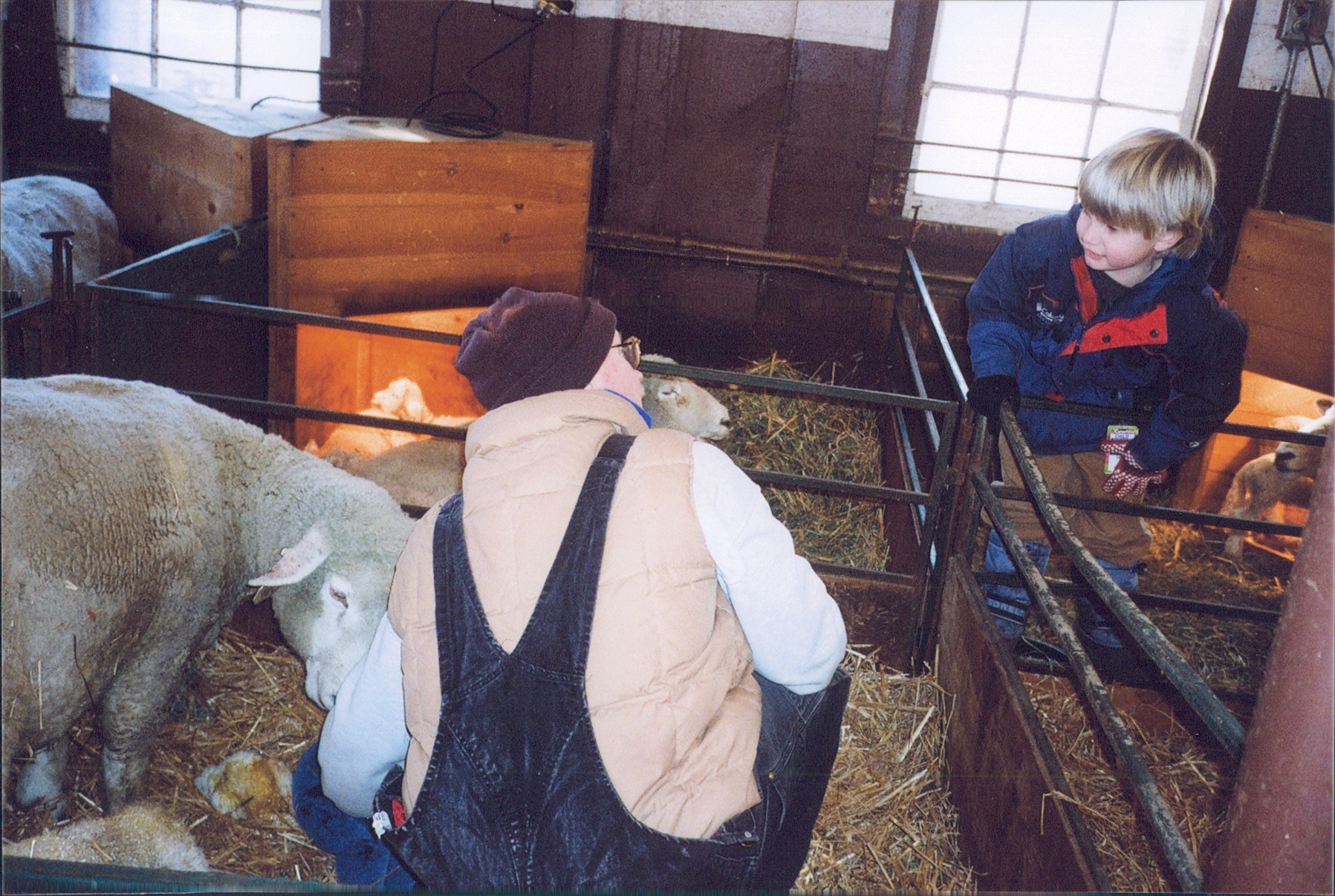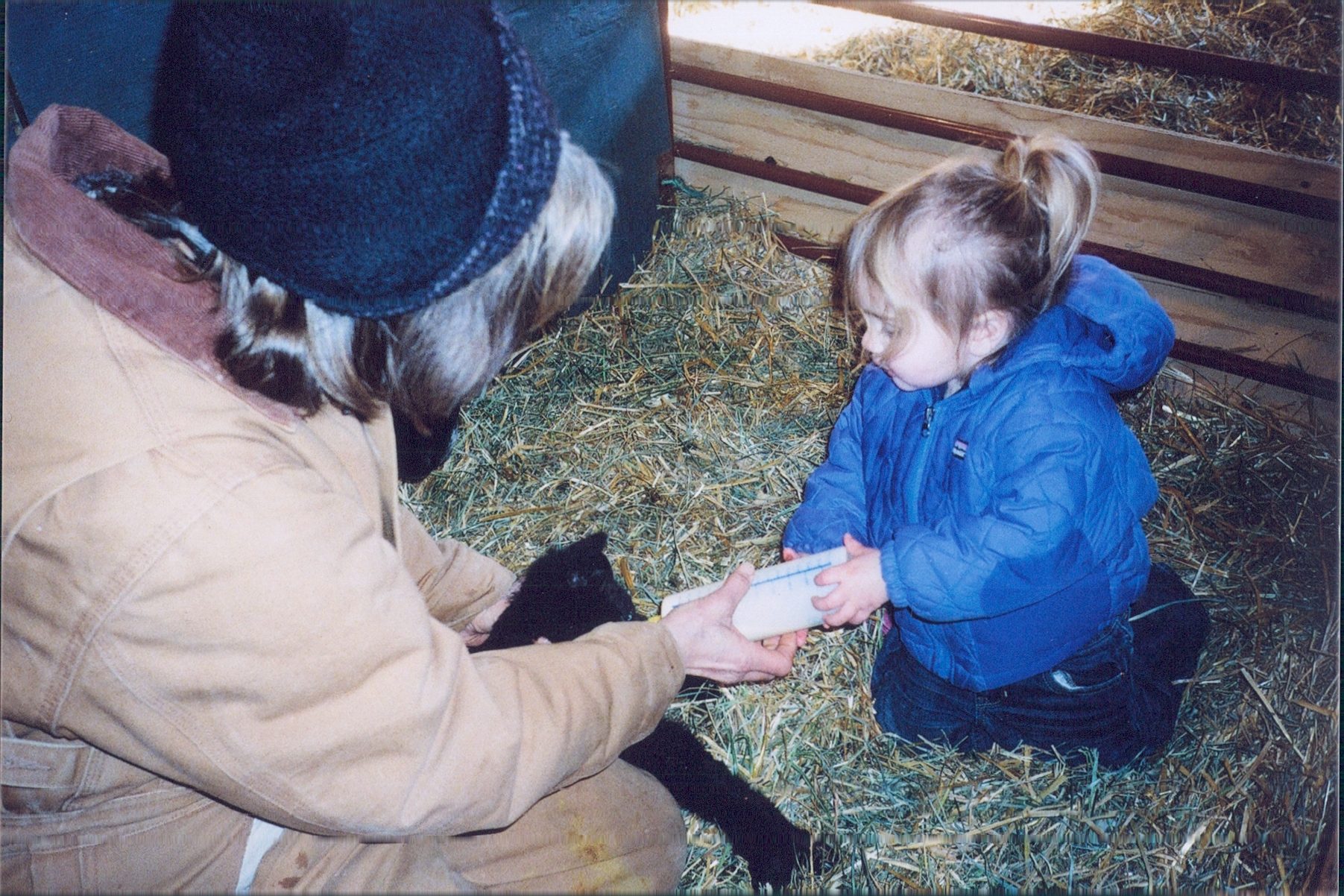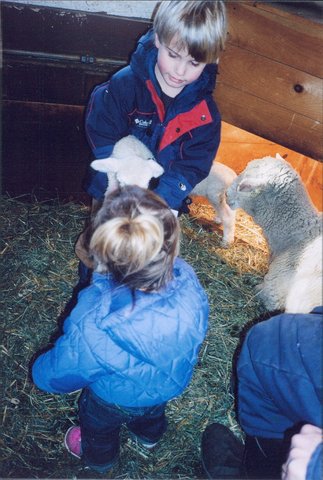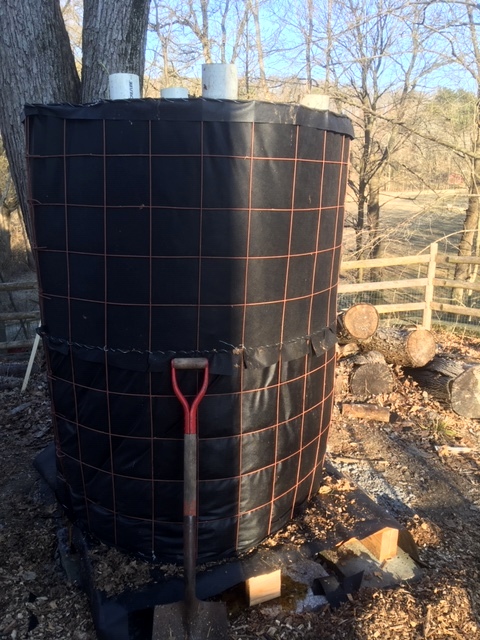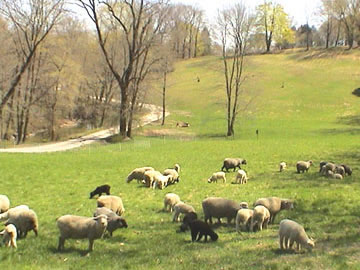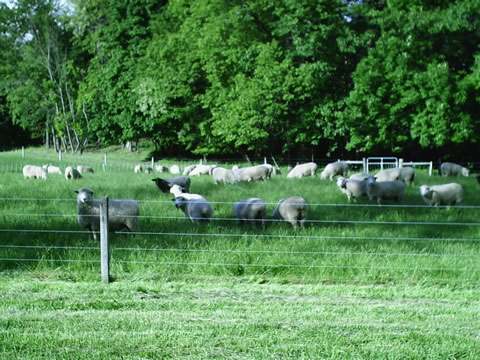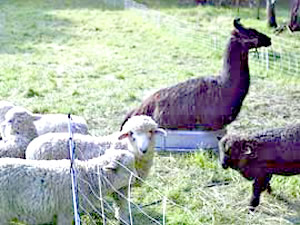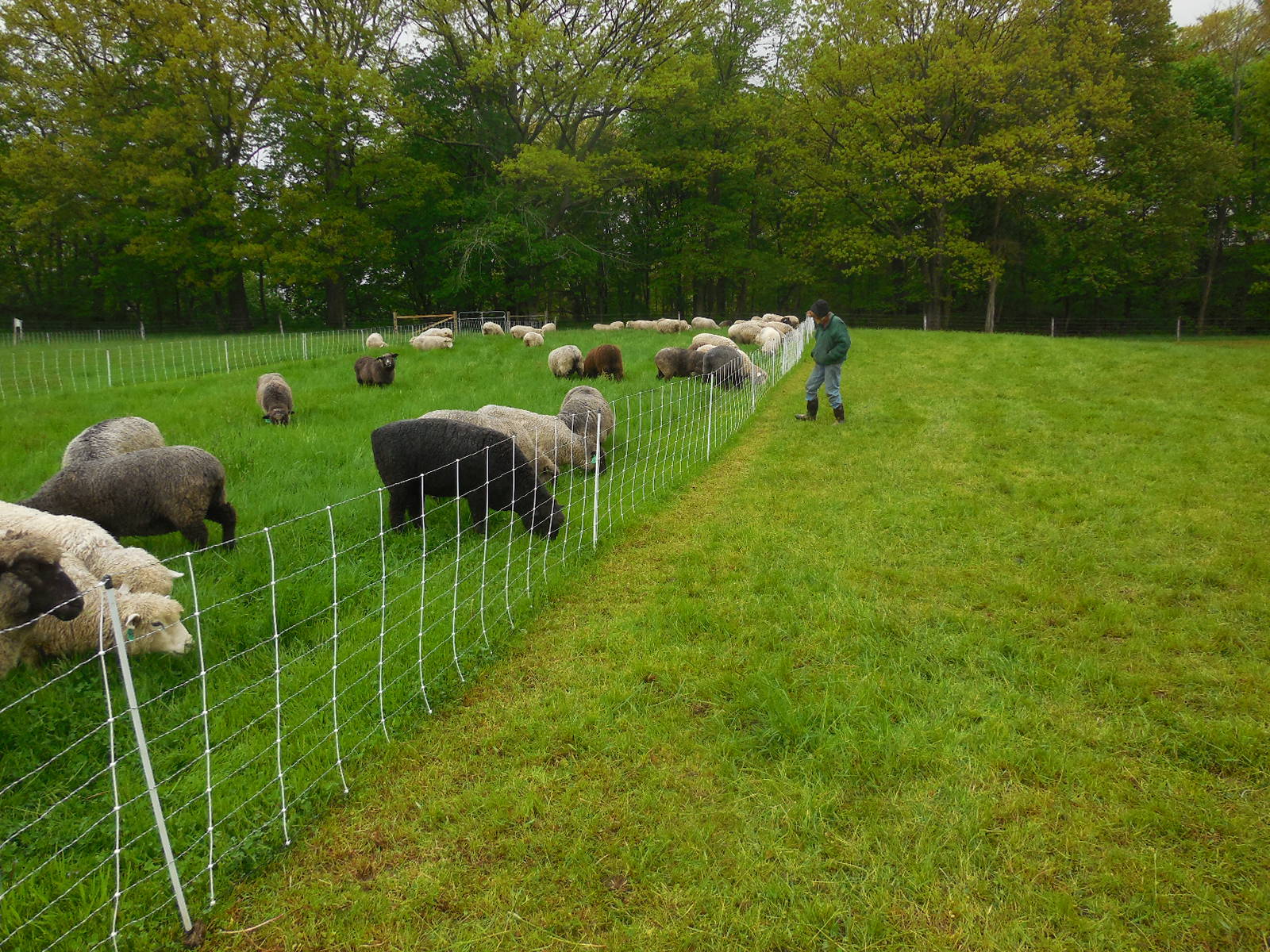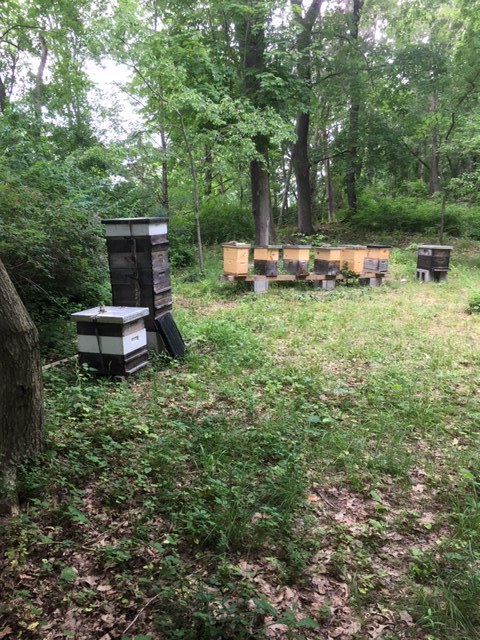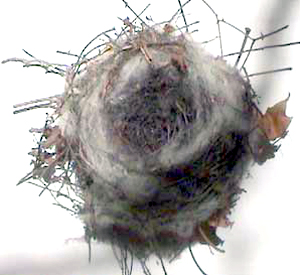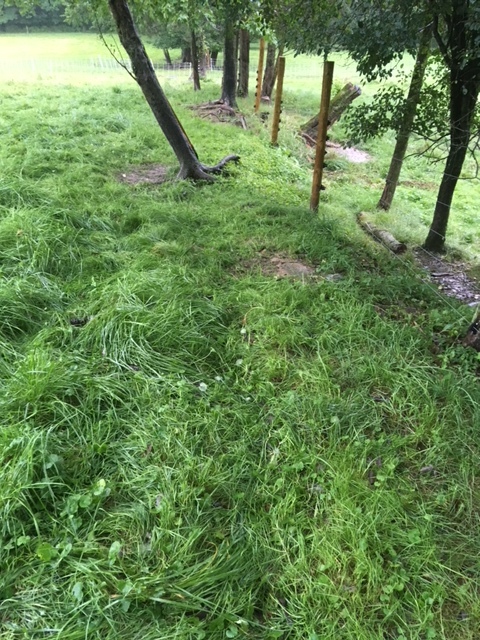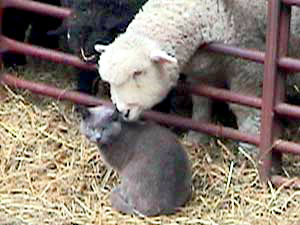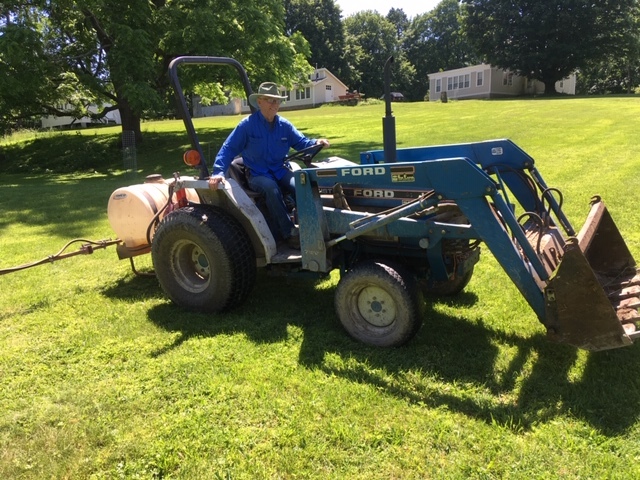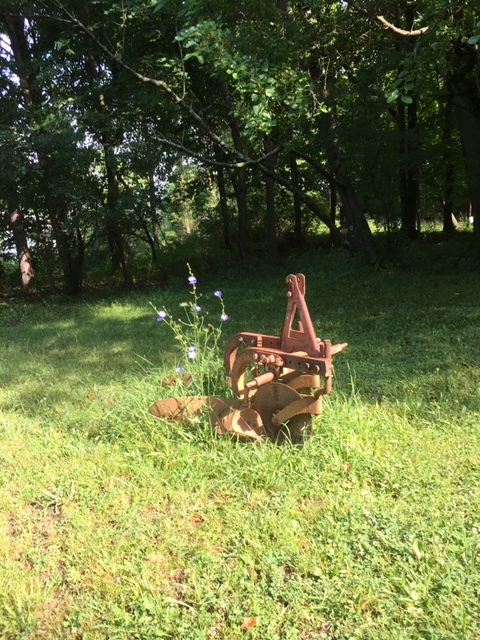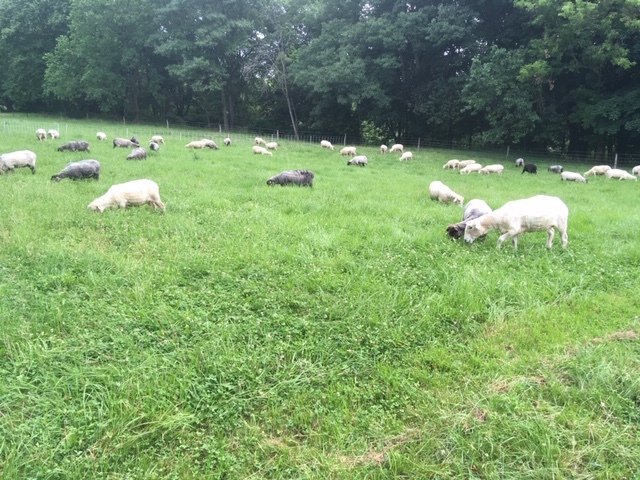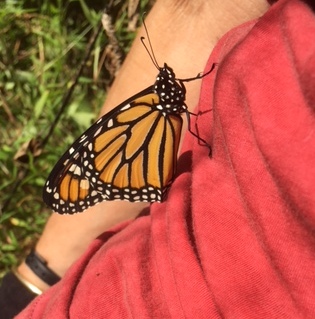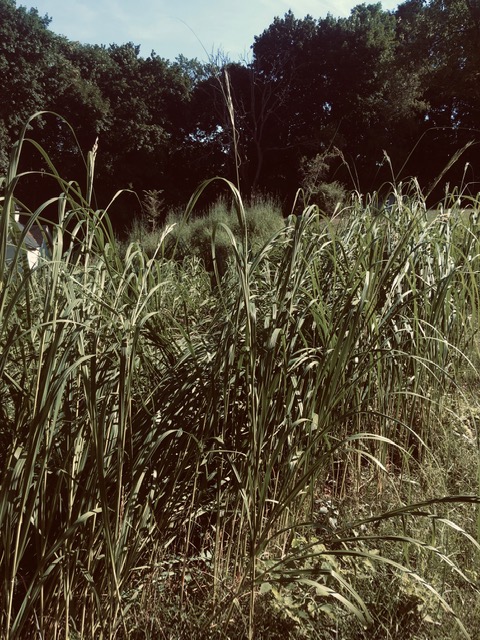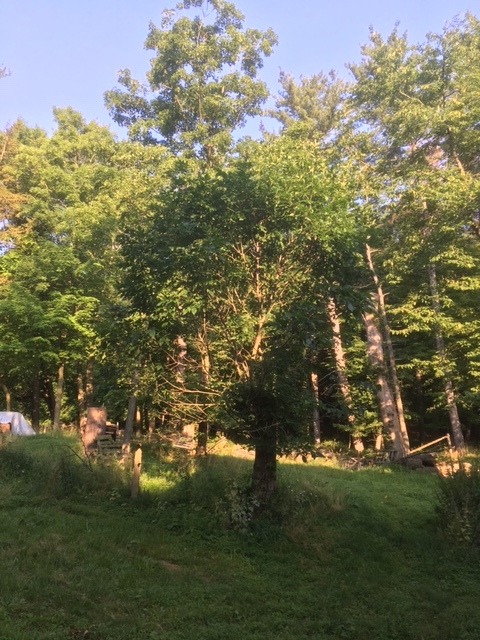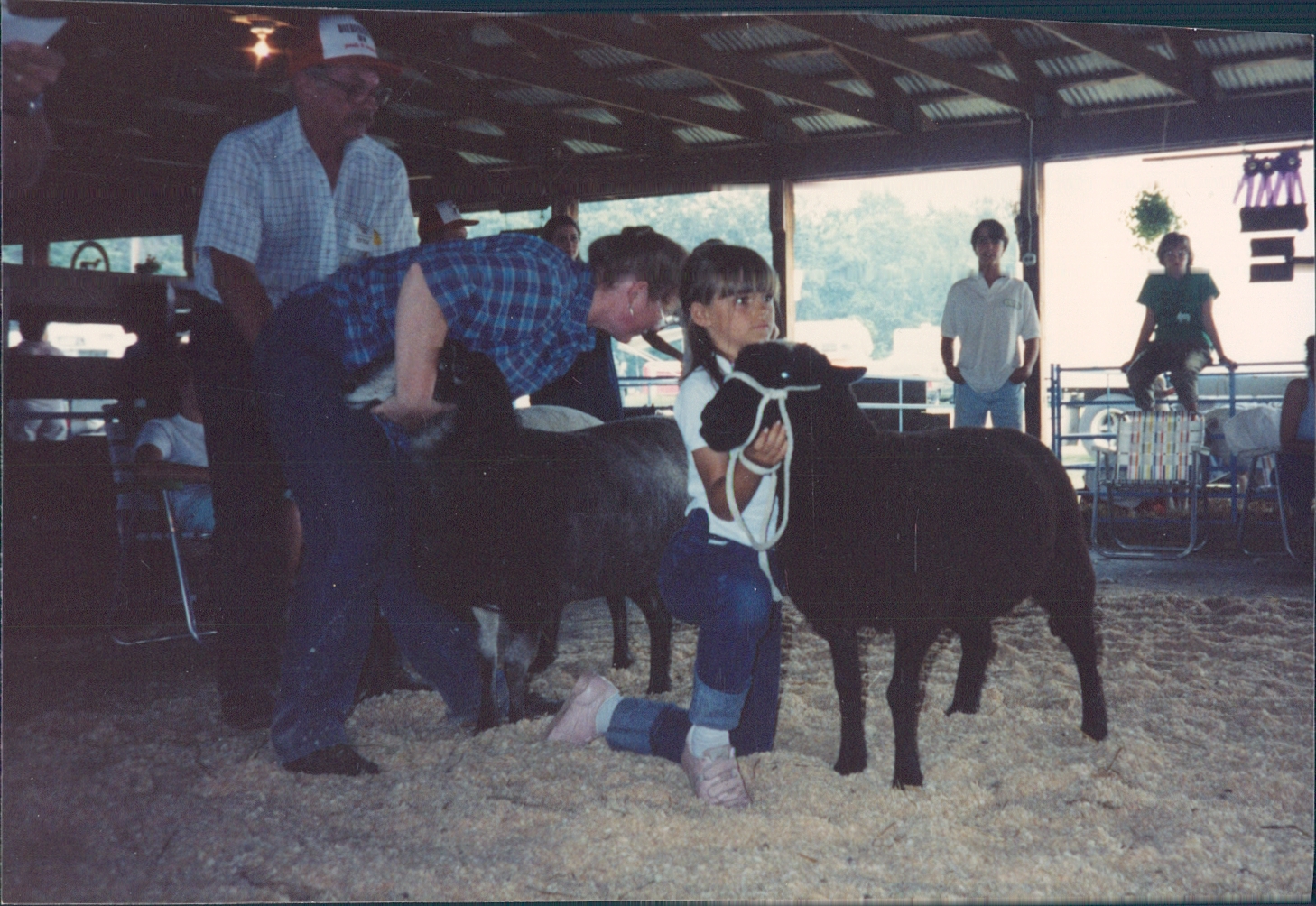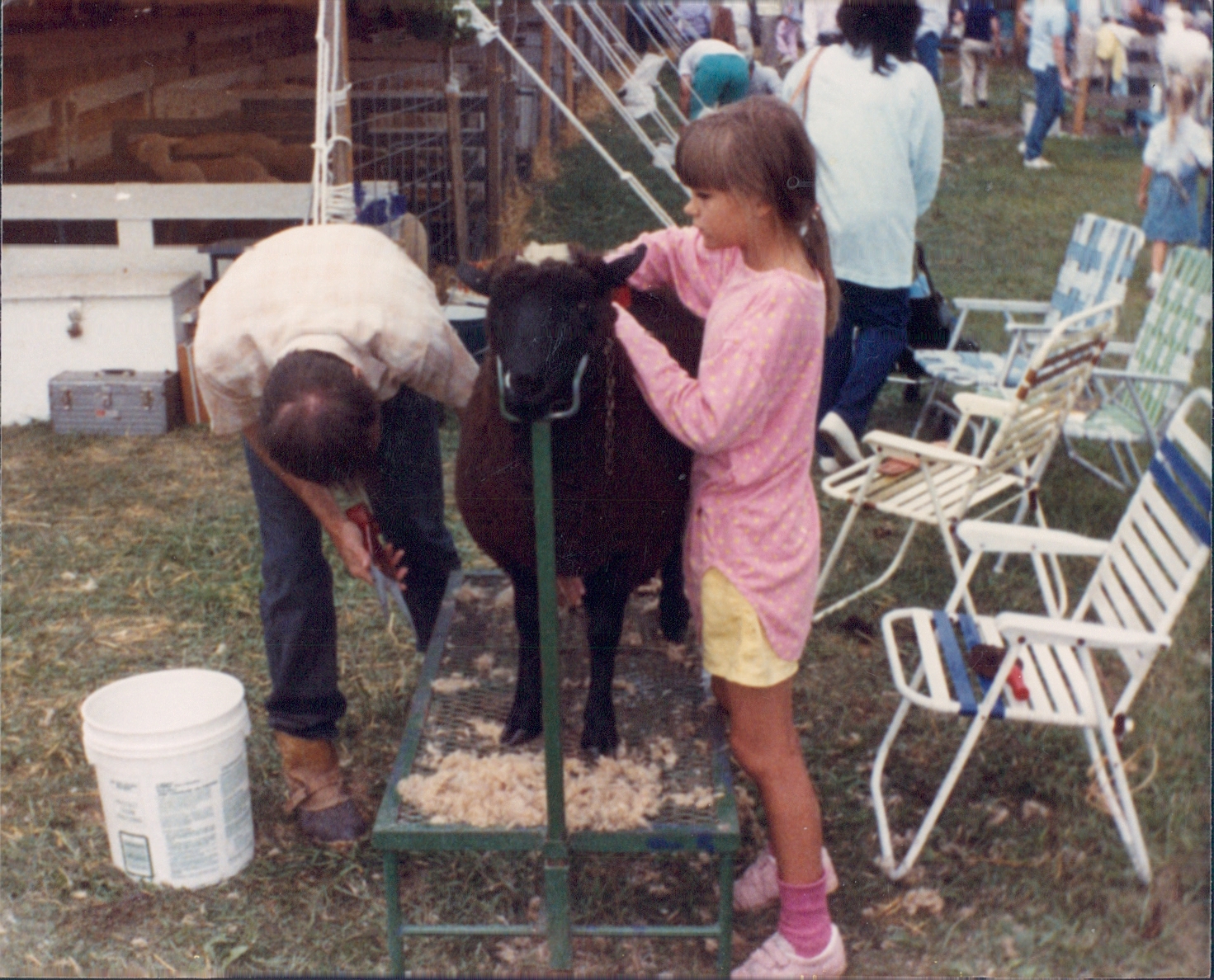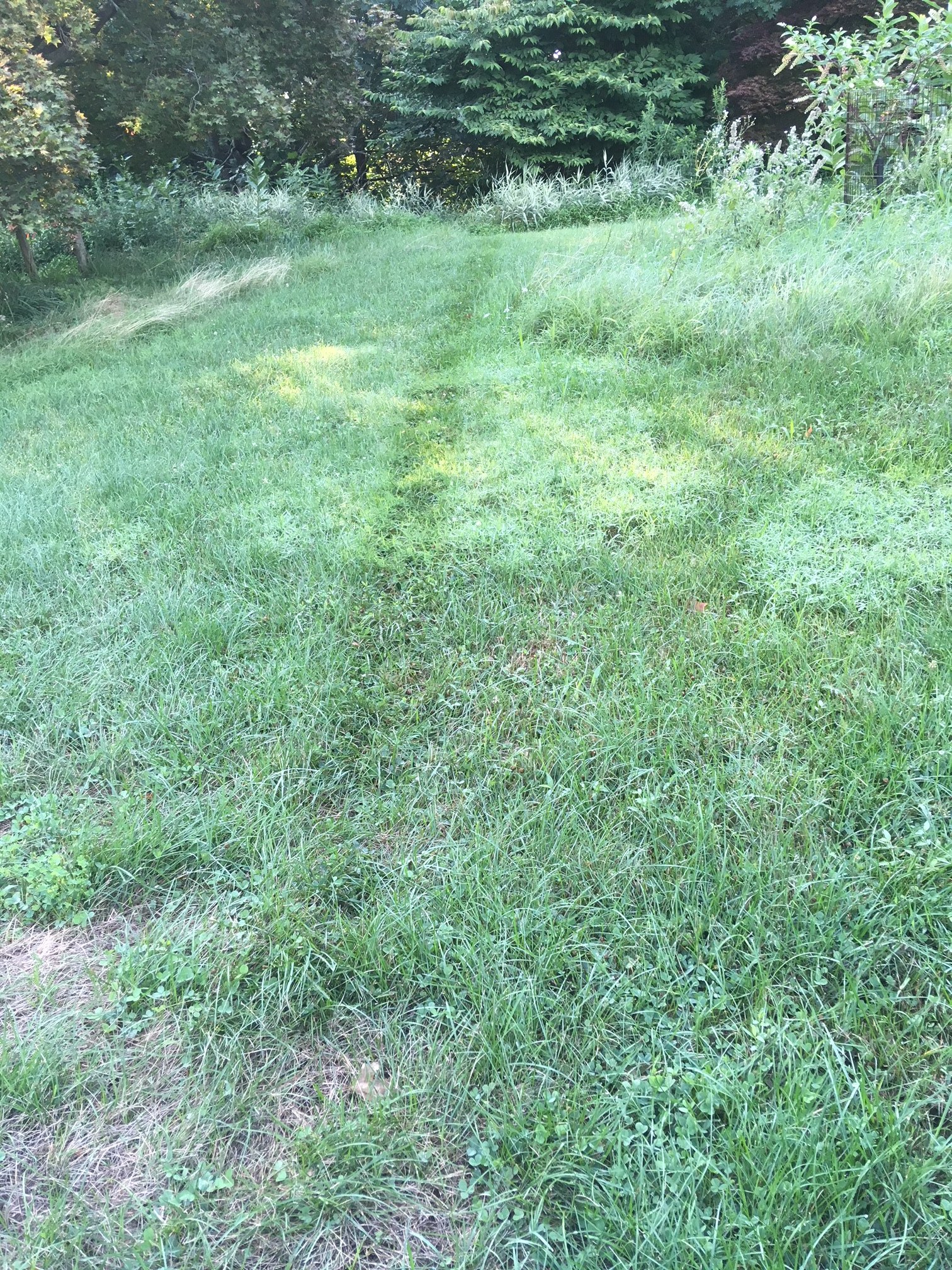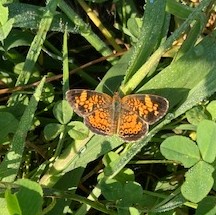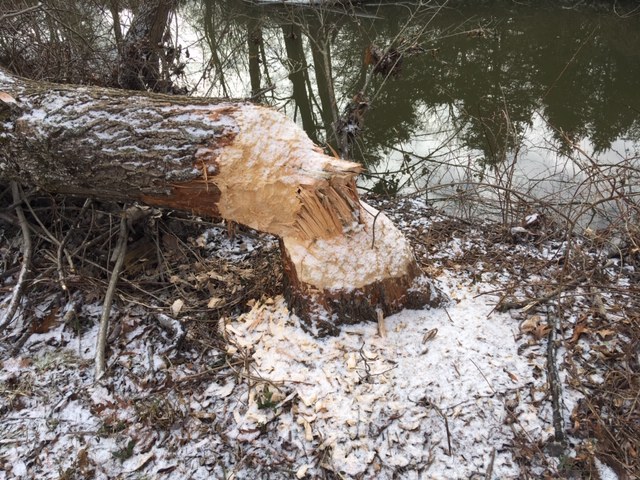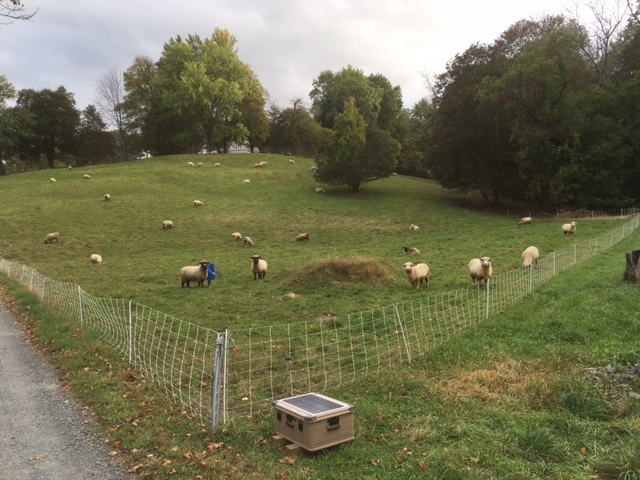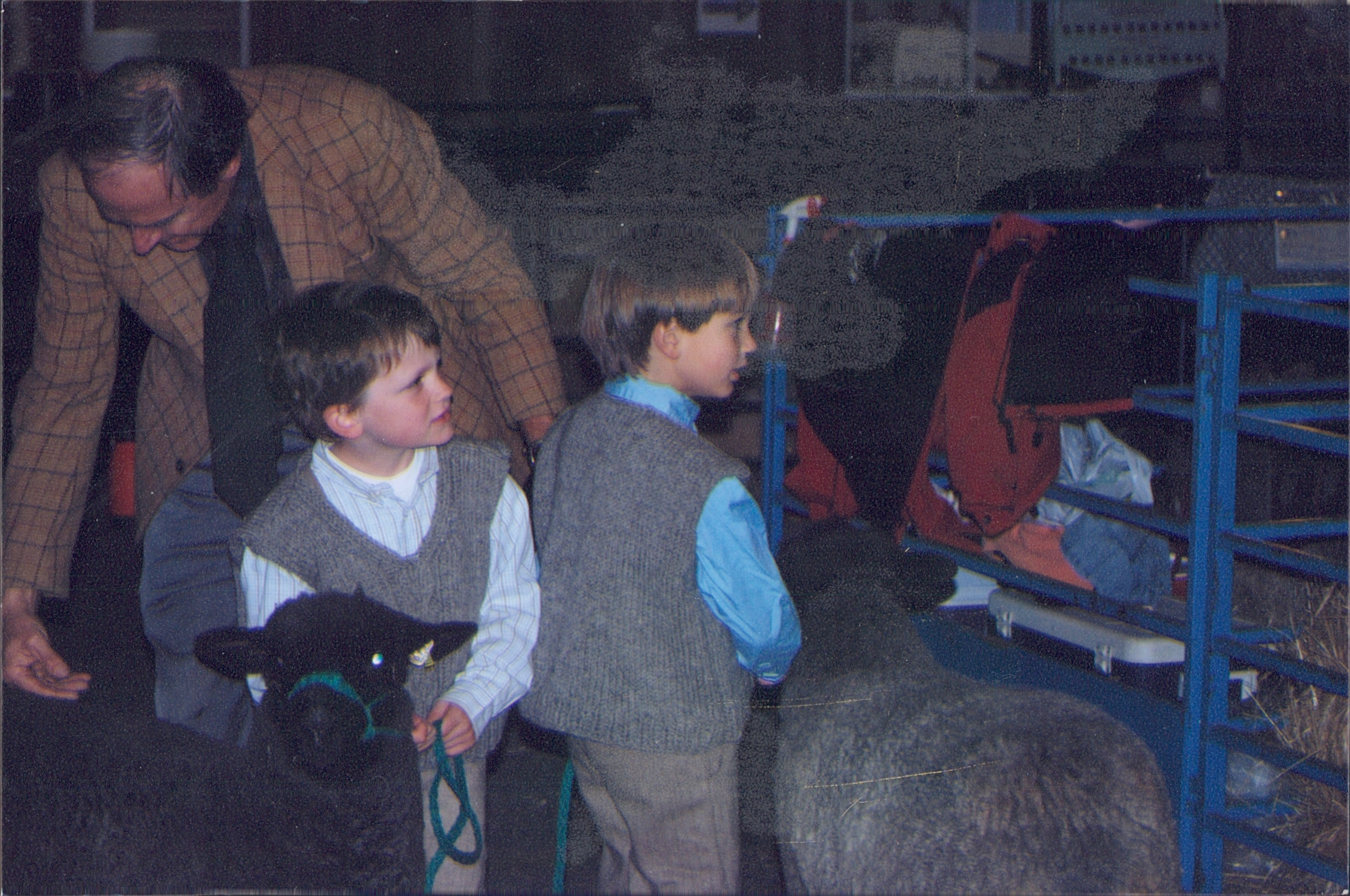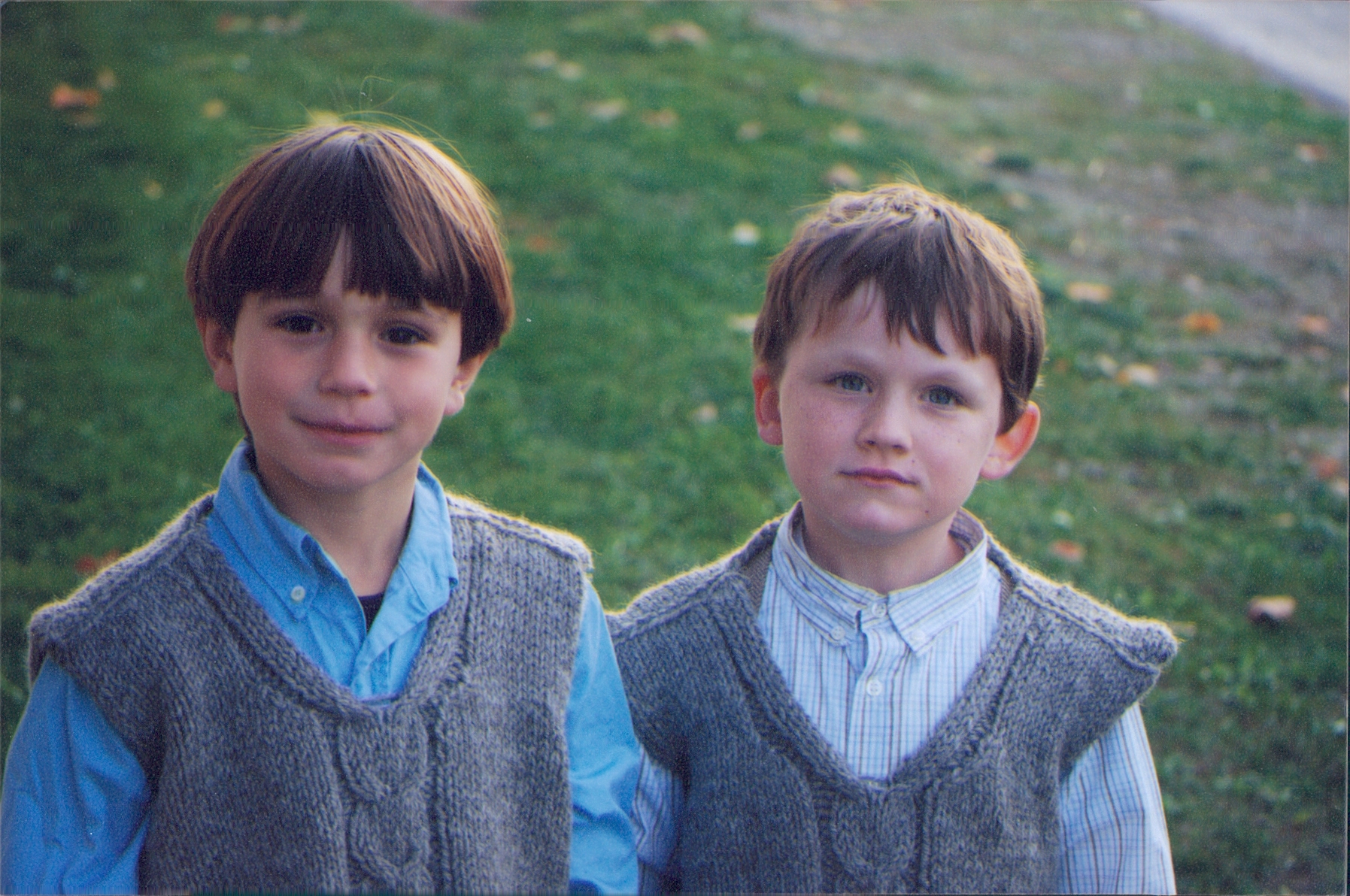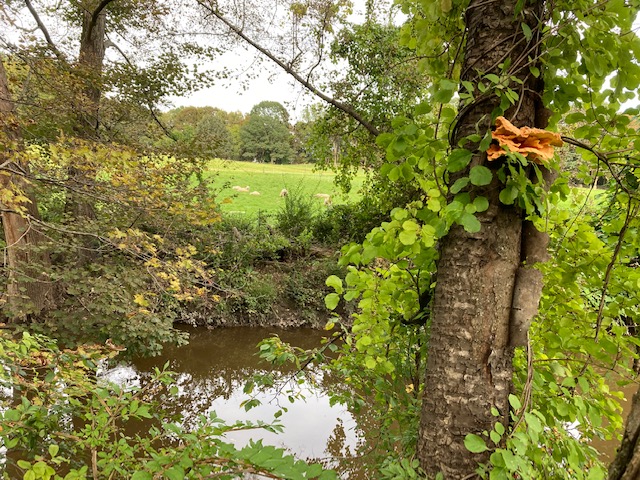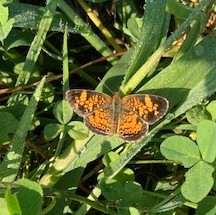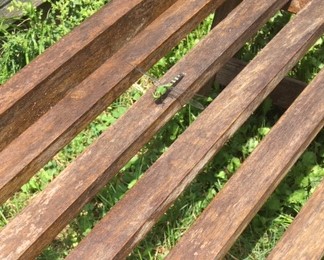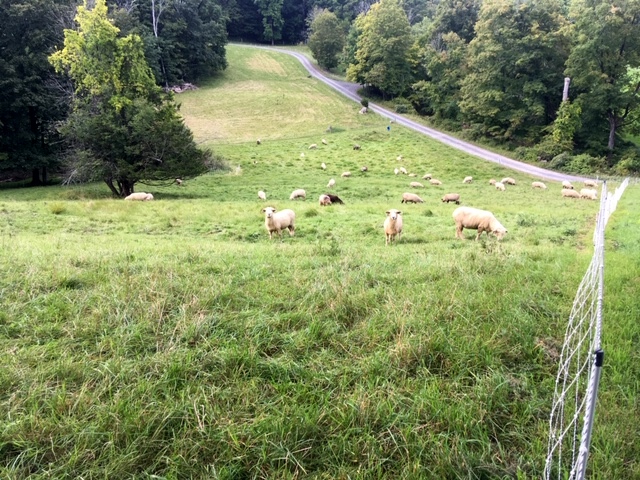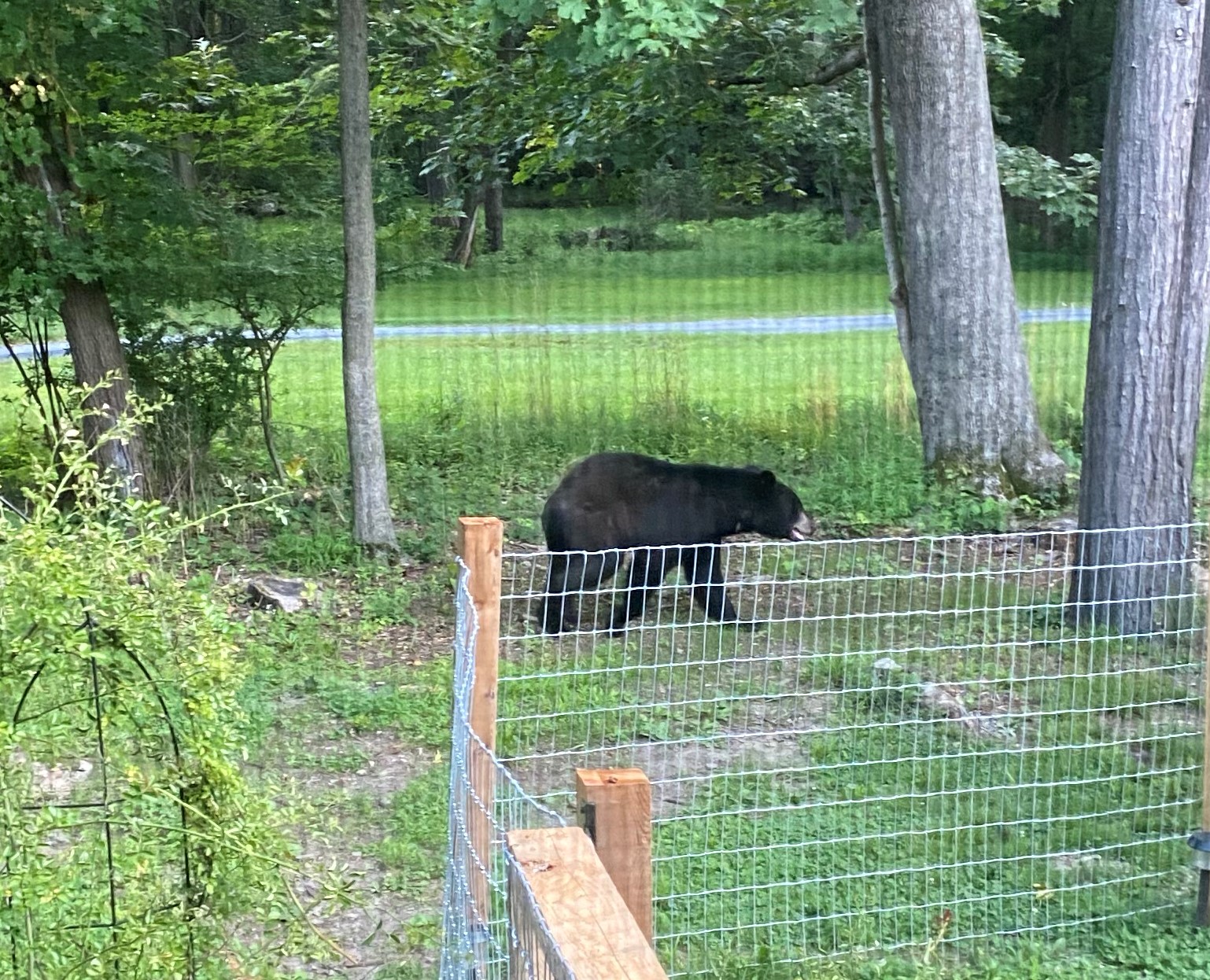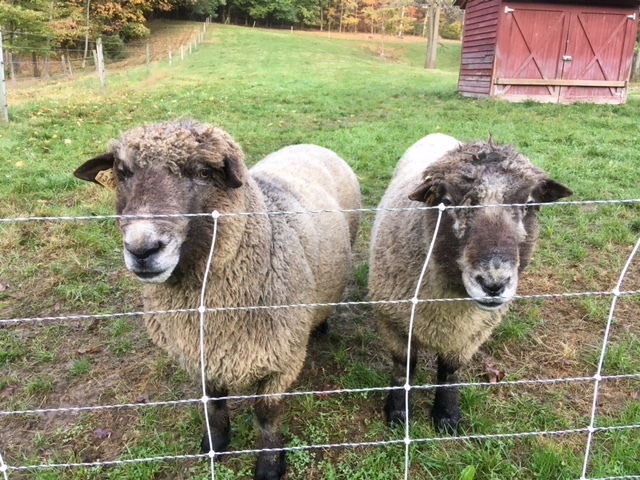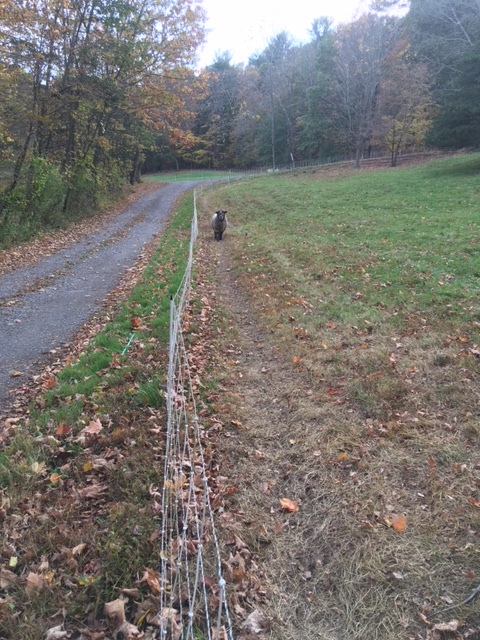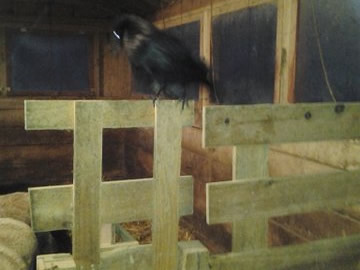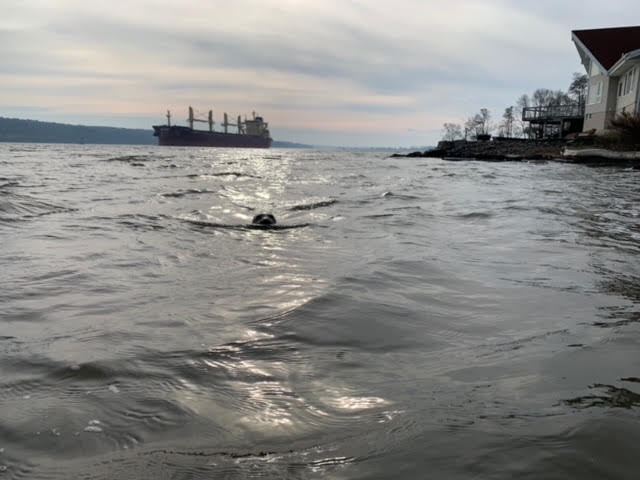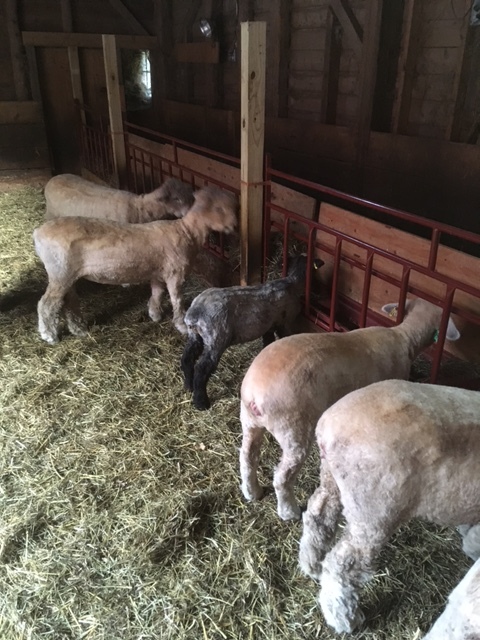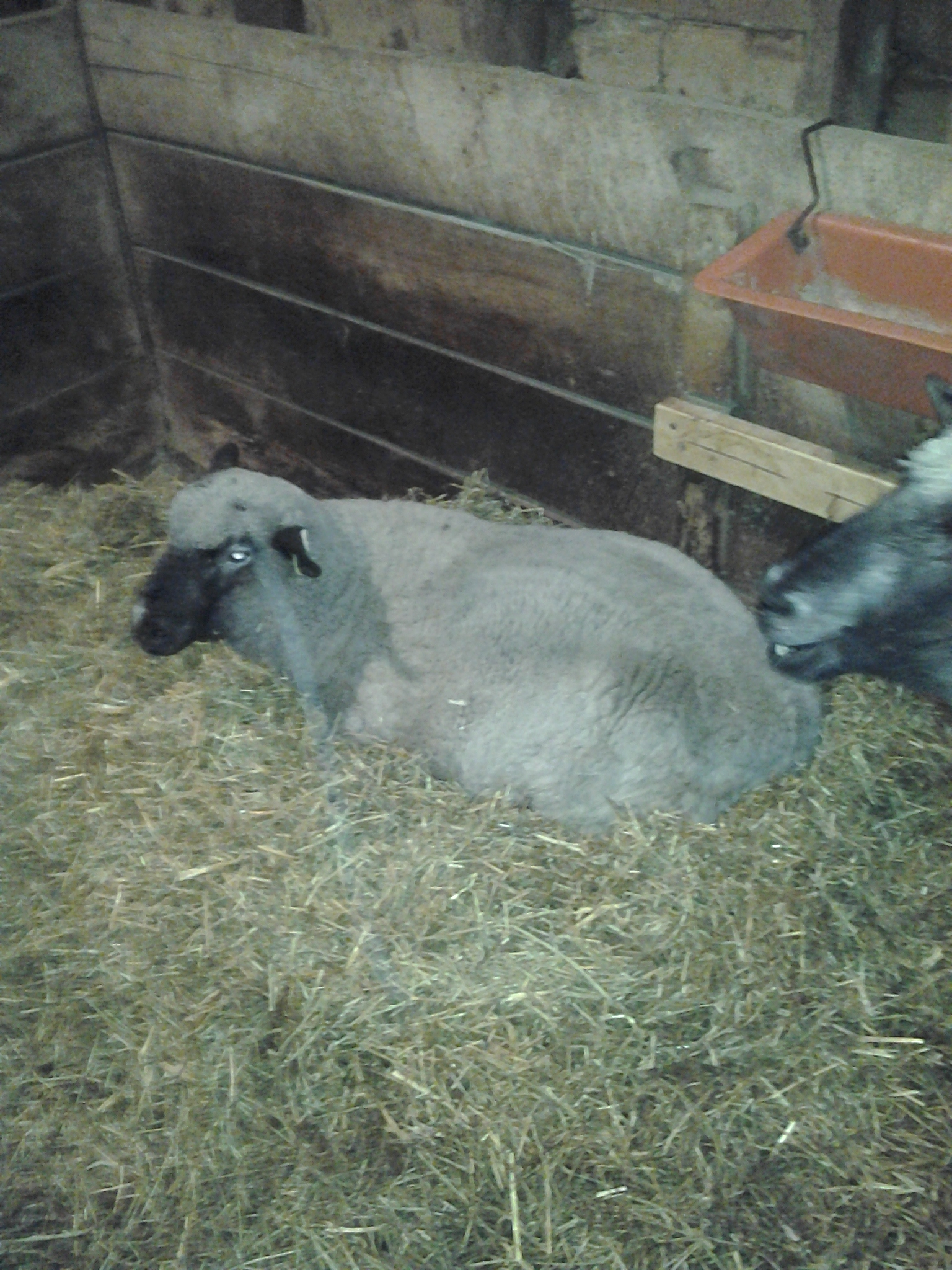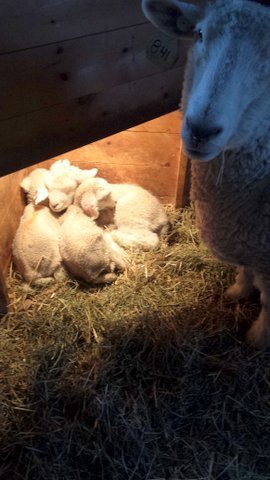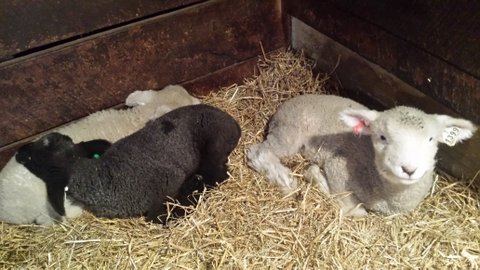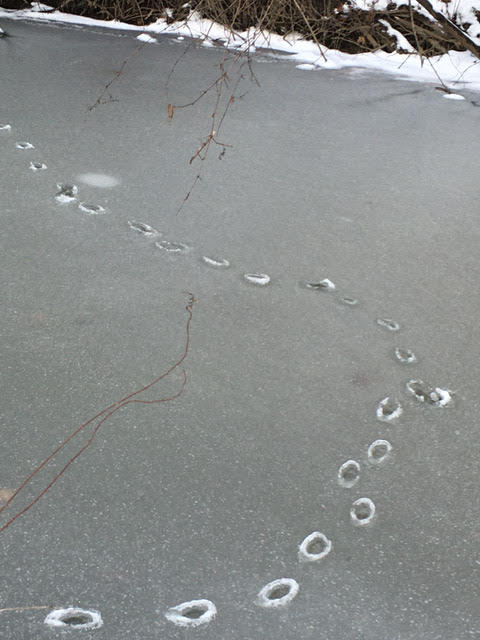Introduction Soil your undies or soil my undies is an international gimmick to show that soil is alive and demonstrate its vigor. A pair of brand-new 100% cotton underpants is left underground to the mercies of soil biota, then retrieved after exactly two months for public display Here’s one of many how-to descriptions. Procedures vary. The only standards seem to be 60 days underground and material all-cotton except for elastic waistband. It’s not clear to me whether the unmentionables used must be proper to females; several videos seem to show male briefs, which with the fly have more material. This report describes our first tests, in late summer 2018.
Methods Two pairs of new white cotton male’s underwear were buried in our perennial pasture north park in August 2018 (a) on Aug 15 Fruit of the Loom boy’s (all I could find at the mall in 100% cotton ) (b) on Aug 22 Calvin Klein men’s small size (32-34 “) Each pair was buried about 4 inches deep, laid flat with the sod replaced. No soil was put inside the cloth though this is done is at least one video. Both pairs were within 50 feet of where last year a soil sample had been submitted to a Comprehensive Analysis of Soil Health (CASH) at Cornell. On ten of the twelve dimensions that sample scored 93/100 or better. The overall score was 86 = OPTIMAL. It was dragged down from the high 90s by poor results for surface hardness and subsurface hardness, both state-dependent variables.
Rainfall Aug 9 – Oct 21 totaled 14.3 “ over 18 days (of 75) that saw precipitation. The one-day maximum was 2.5.“ The longest dry spell was Aug 19-Sept 4. Lambs grazed the pasture lightly until early October. The herbage later that month is shown in plate 5. Native grasses predominate with a good admix of white clover, some wild violet and a scattering of pinkweed. The most recent soil amendment had been to spread nine months earlier sheep barn floor waste that had been stockpiled outdoors in a single wide windrow uncovered for 4-8 months.
Results: the boy’s briefs were exhumed on Oct 15 after 60 days under the sod and gently washed. The image below shows a lot of cloth consumed compared to the never-buried identical pair in the next picture . The seat is gone, though the front panel is relatively intact.
on L front view, before, boy’s size
view from the back, after
The small adult pair was dug up on Oct 21 after 59 days underground, much the worse for its residence in the sod. Compare before below to after, following washing Six to eight earthworms were found in each site.
above: front view men’s small 32″ before
view from back of same pair after 59 days
The “undiesclosed location” of the experiment is pictured below on Oct 22 2018
Conclusions: In both specimens, a substantial portion of the cotton cloth originally buried had completely disintegrated by sixty days, due to activity of micro and macro-organisms in the soil.
Discussion: “Soil your undies” could become a metric about soil health. It needs validation. There are two prongs to this. One is to quantify how much material has been lost to soil organisms. Quantifying disappearance could be done by weighing before and after. That is not easy, because the exhumed remains have to be well-washed of dirt, yet vigorous washing without catching all loose fiber from the rinse water could exaggerate how much of the cotton has vanished. Moreover, any completely detached fragments have to be picked up, washed and weighed. An eyeball evaluation can only distinguish “nearly all gone” [ => really good soil] from “hardly touched” [ => poor soil].
The second prong is to compare the amount of material lost with traditional markers of soil health like organic matter content or respiration measured nearby at almost the same time. From the CASH study done in 2017 on soil from the “undiesclosed location,” we knew the soil was very good indeed. Those results are shown below.
Leaving out the dismal hardness results, the sample averaged 97/100 on the other ten. The hardness results last year may have been misleading; I may have used the penetrometer wrong and the soil may have been dryer than average. Soil with high moisture content has lower penetration resistance. This October the soil tested less hard on surface and subsurface than last, because perhaps we’d had a bit more rain. On Oct 19 soil hardness within 20 feet of the sites was 100-150 psi to 6” depth, while probing to 300 psi went down 16-18.” Rainfall Oct 9-19 had totaled 1.15 inches, nearly all on Oct 11. On Oct 27, after another 0.1 inch of rain hours earlier, the penetrometer consistently got to 6” by 100 psi, nearly always to 12-14” by 200 psi and to 16-18” by 250 psi. Especially in the top six inches these readings were much better than last year’s.
On the 2017 CASH, available water capacity was very high I suspect that penetrometer readings have to be controlled for moisture content of the near-surface soil. On all our pastures if it hasn’t rained for two weeks Graeme often has to use a hammer to pound in the spiked posts for flexnet fencing. The soil expert at Cornell told me that some silt loam soils, though great in other respects, can get very hard. SOM and forage testing in September 2018 in the larger pasture surrounding the “undisclosed location” again showed high SOM and high protein in the forage.
Given that the soil near the test sites is truly optimal and was probably softer this year than last, I was disappointed that the cotton cloth of the briefs had not been entirely consumed. At least one soil your undies web site claims that in really good soil nothing should be left but the elastic. I have seen one, but only one, photo that shows nothing else. Some possible explanations:
- Time of year: in May to August the soil biota may be busier than in Aug-Oct .
- Quality of cotton: organic is best but expensive and hard to find. We did not use organic.
- Male’s or female’s. Men’s briefs have three layers of cotton, women’s, two
- Qualities of soil not measured in CASH. Our soil is not “organic,” We don’t use synthetic nitrogen fertilizers or plant-o-cides but do use chemical wormers, which might hurt soil life .
This little experiment, in which soil your/my undies is compared to last year’s CASH, is inconclusive but appealing. CASH is quite costly. If procedures for soil your/my undies could be standardized (preferably using only women’s panties) and 60-day outcomes validated in some places by CASH, this semi-joke soil test could be actually useful. If CASH is used, the surface hardness results should be controlled somehow for soil moisture content. The test should not be done soon after lots of rain nor following a long drought. As to materials, underpants are be better than a handkerchief because the elastic makes the pair easier to find and hang up. A handkerchief might almost disappear A child’s white 100% cotton tee-shirt with a hemmed collar could work as well as underpants and would not be as gross to display afterwards.
Permission to share this in whole or part is hereby granted as long as the permalink is cited crediting Anchorage Romneys.
